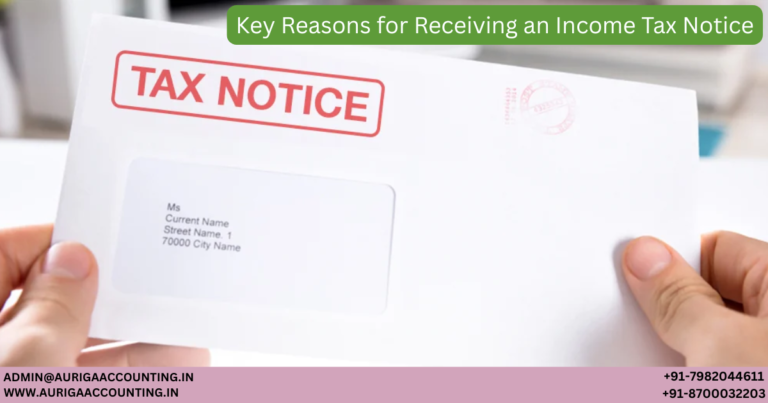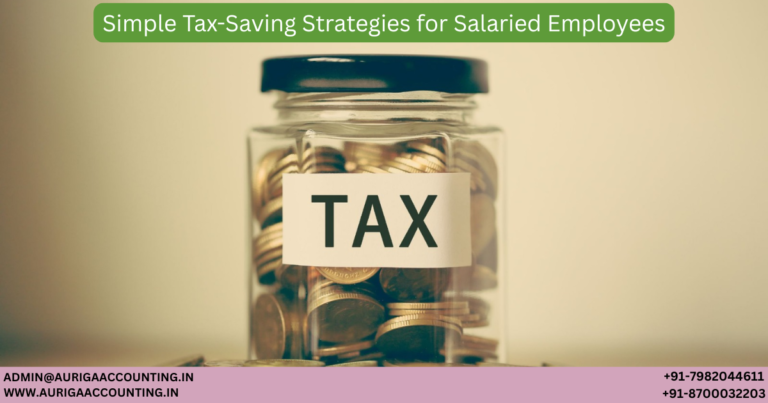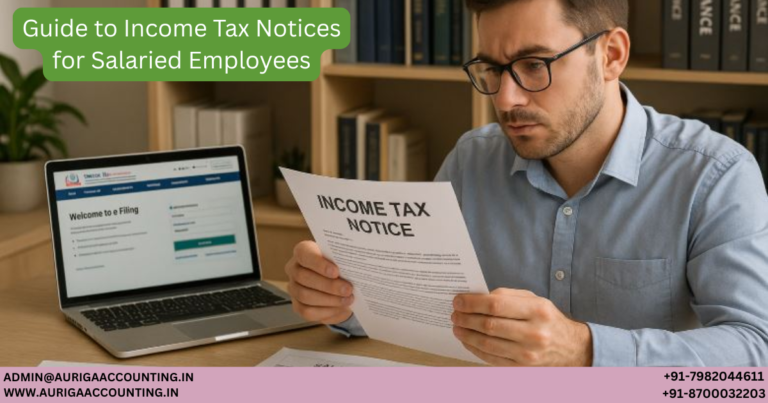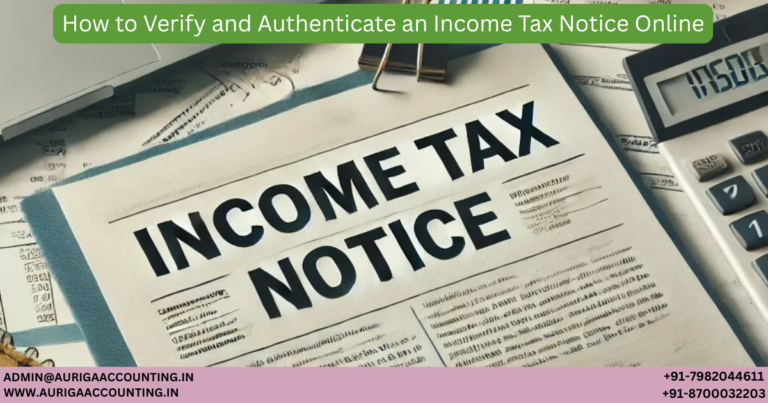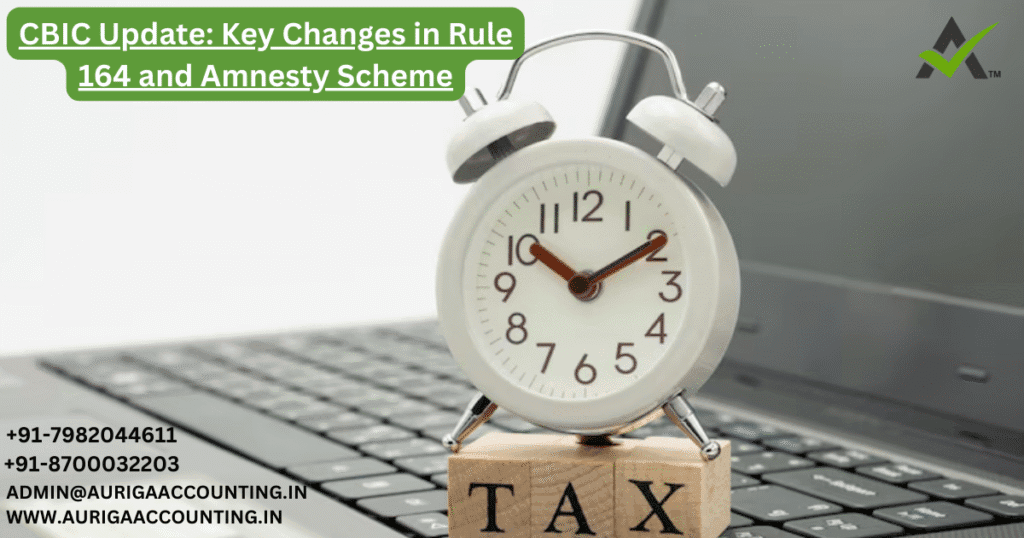
CBIC Update: Key Changes in Rule 164 and Amnesty Scheme
Introduction
ToggleKey Highlights of the Notification
Notification No. 11/2025 introduces important changes aimed at simplifying the GST dispute resolution process, particularly under the newly announced amnesty scheme. Below are the key updates:
Partial Withdrawal of Appeals Permitted
Taxpayers can now withdraw appeals specifically for the period from July 1, 2017, to March 31, 2020, while continuing to dispute tax demands for subsequent periods.No Refund for Previously Paid Amounts
Any tax, interest, or penalties already paid for the specified period will not be eligible for a refund, even if the appeal is withdrawn.New Withdrawal Procedure Introduced
Taxpayers must use FORM SPL-01 or SPL-02 to initiate partial withdrawal of appeals and formally notify the appellate authority.Clarified Role of Appellate Authorities
Tribunals and appellate bodies are required to acknowledge the partial withdrawal and issue separate orders for disputed periods beyond March 31, 2020
Background: Why Amendments to Rule 164 Were Needed
Before the recent amendment, taxpayers faced significant uncertainty when trying to resolve their tax liabilities under Section 128A. Key concerns included:
Full vs. Partial Appeal Withdrawal
It was unclear whether a taxpayer had to withdraw the entire appeal to settle a specific period or if they could selectively withdraw only part of it.Ongoing Disputes
Taxpayers were unsure if they could settle one portion of a dispute while continuing to challenge assessments for other periods.Refund Eligibility
There was no clarity on whether taxes, interest, or penalties already paid for the period covered under Section 128A could be refunded.
This lack of guidance caused hesitation among taxpayers, delayed settlements, and contributed to unnecessary litigation. The amendment to Rule 164 addresses these gaps, providing clearer procedures and encouraging timely dispute resolution
Amendments to Rule 164: Key Updates Introduced by Notification No. 11/2025
The CBIC’s latest amendment streamlines GST appeals and clarifies procedures under the GST Amnesty Scheme. Here’s a summary of the major changes brought by Notification No. 11/2025:
1. Partial Withdrawal of Appeals Now Permitted
Previous issue: Taxpayers were often compelled to withdraw an entire appeal to settle a portion of tax liability, even if disputes for other periods remained unresolved.
Amendment:
Taxpayers can now withdraw appeals only for the period from July 1, 2017, to March 31, 2020, under Section 128A.
Appeals for other periods can continue, allowing partial settlement without losing the right to contest future assessments.
This change encourages quicker resolution and reduces litigation.
2. No Refunds for Previously Paid Dues
Previous issue: Some taxpayers sought refunds for taxes or penalties already paid for the eligible period, arguing overpayments or alternative settlements.
Amendment:
No refunds will be issued for any tax, interest, or penalty already paid for the period covered by the amnesty (July 1, 2017 – March 31, 2020).
This ensures finality in settlements and avoids administrative overload from refund claims.
3. Structured Procedure for Appeal Withdrawal
What’s new: A formal process is now in place for withdrawing appeals under Section 128A.
Steps to follow:
Taxpayers must file FORM SPL-01 or SPL-02 to opt for partial appeal withdrawal.
A copy must be submitted to the appellate authority or tribunal to officially notify the withdrawal.
The authority will then record the limited withdrawal and issue a corresponding order.
Appeals for periods outside the amnesty scope will remain active and continue as per usual procedure.
4. Clear Role for Appellate Authorities
To prevent confusion or procedural errors:
Appellate bodies must explicitly acknowledge the partial withdrawal of appeals.
They must separately issue orders for periods not covered under Section 128A, ensuring that the taxpayer’s right to contest remains protected
How Notification No. 11/2025 Benefits Taxpayers
The recent amendments under Notification No. 11/2025 offer significant advantages to both businesses and individual taxpayers by simplifying dispute resolution and clarifying procedural requirements:
Need Help Navigating the New GST Rules?
Not sure how Notification No. 11/2025 impacts your business? Whether it’s understanding partial appeal withdrawals, settling past GST dues, or staying compliant—IndiaFilings is here to assist.
Schedule a consultation with our GST experts today and get clear, professional guidance to simplify your tax matters and ensure smooth compliance
About the Author
Manisha
Manisha is a skilled writer who excels at simplifying complex legal concepts into clear, practical advice. Her articles equip entrepreneurs with the essential knowledge to navigate business laws, empowering them to successfully start and manage their ventures with confidence.



